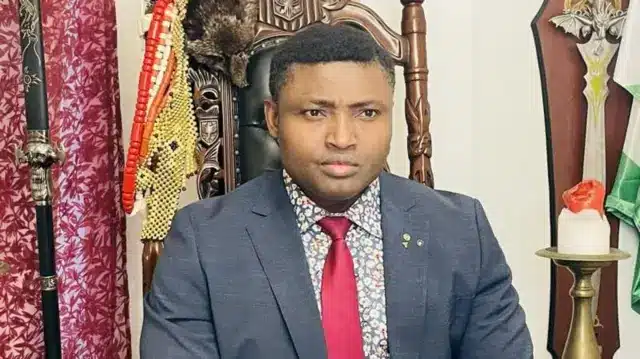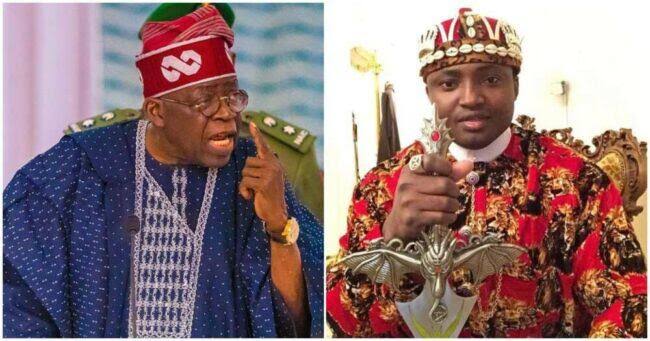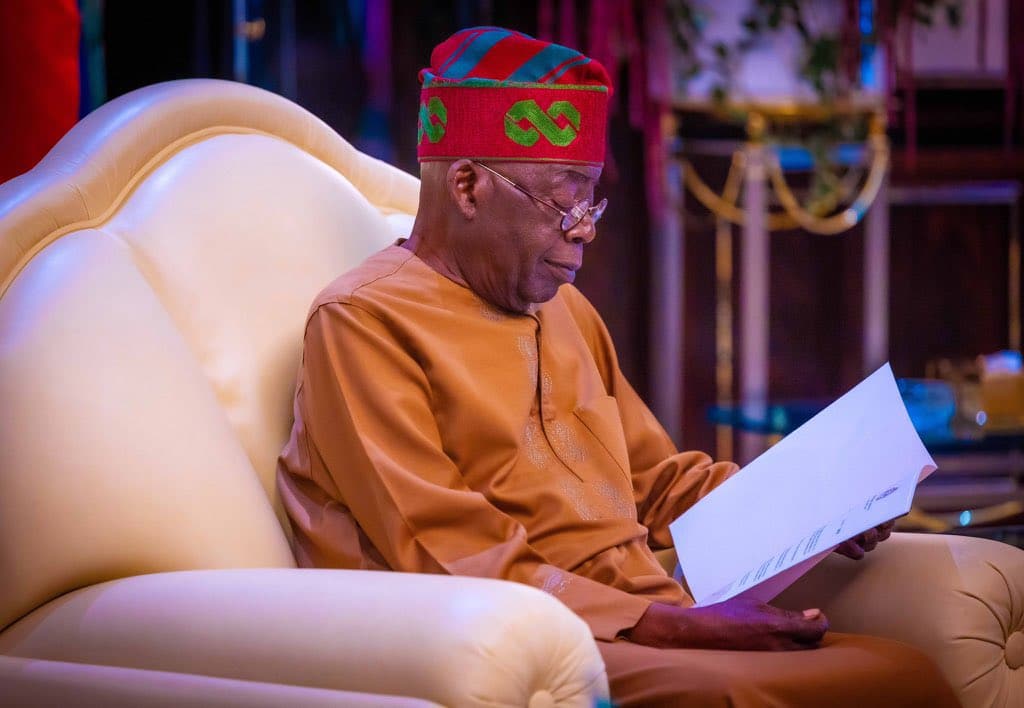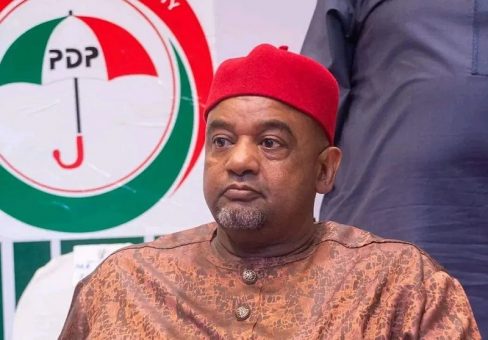
To speak of the image of a “father” in our contemporary society is met with a lot of skepticism, hostility, confusion, and anger. In many quarters, fatherhood is not only derided as a symbol of abuse, exploitation, oppression, and irresponsible living, but is also increasingly dismissed as a burdensome way of being. If many people in the past looked forward to the arrival of a time in their lives when they can acquire the title of “father,” that expectation seems to have lost some its allure in our times. The prevalence of negative phrases such as “toxic masculinity,” “abusive husbands,” “irresponsible men,” and “absentee fathers,” is raising serious doubts in the minds of many young men about the prospects of marriage and family life.
On this occasion of World Father’s Day and amidst the deep crisis of fatherhood in our current generation, it is imperative to remind ourselves about the lofty vocation of a father. A good place to understand the meaning of fatherhood is in the world of religions. Many religions invoke the deity as “Father.” In Greek religious mythology, Zeus the chief god is called the “father of gods and humans” and is considered their ruler and protector. In the Hindu system, Shiva is called “father among the gods” for his selfless act of saving the entire world from getting destroyed by the Halahal, the poison that oozed out of Samudra Manthan. He drank the poison and became the “blue throat god.” Only a father can do this. In the Judeo-Christian tradition, God is called “Father” inasmuch as he is the Creator of the world. More so, he is called “Father” because of the covenant he made with Israel and the gift of his law to guide the nation. Most especially, he is “Father of the poor,” of the orphan and widow who are under his loving protection. By calling the deity “Father,” the Judeo-Christian language of faith, which continues to shape our civilisation, indicates that God is the origin of everything and heis a transcendent authority. At the same time, he represents goodness and loving care for all his children.
God’s parental tenderness is revealed by Jesus his Son in the Gospel through stories and direct teachings. In the Parable of the Prodigal Son, which has also been called the Parable of the Merciful Father, we see the father’s tenderness, love, compassion, meekness, forgiveness, mercy, and goodness on display toward his wayward, “lost and found” son (see Gospel of Luke 15:11-32). In the Lord’s Prayer, Jesus taught us to call God “Our Father” who loves, care, guides, protects, and provides for all his children. Around 2.5 billion Christians recite this prayer every day. Although there have been misrepresentations of the Christian deity down through history to justify patriarchalism, the Christian Gospels give us a correct picture of God’s identity through the words and deeds of his Son Jesus. The basis of this excursion through various religious traditions is to point to fatherhood as something wonderful, gracious and glorious.
Our civilisation’s neglect or shabby treatment of boys while focusing on the training of girls to be submissive wives and mothers, has left contemporary society at a worrisome place with “big babies in adult bodies,” toxic husbands, and wife beaters. Studies have shown that in most cases, these pathological traits in many fathers are a result of men acting out their own traumas. Many never had the good fortune of responsible parenting in a loving atmosphere. Many men grow up traumatised and are only visiting their traumas on their wives and children.
In spite of the abuses of fatherhood however, the younger generation can still look with admiration on the sacrifices of fathers who labor amidst toil and pain, to bring food home to their families; fathers who guide, support, and lead their children by word and example, to grow in the knowledge, love, and fear of God; fathers who pour out their love on their wives and children and are grateful for the gift of their spouses; fathers who point their children in the direction of a life of meaning and purpose. If we look around, we will see many such beloved, tender and loving, accepting, creatively courageous, and hardworking fathers. Such fathers are not born, but made. Many of them toil in the shadows, behind the scenes. As it often happens, they do not appear in newspaper and magazine headlines, on the latest television show, or in history books. Yet they are the people who decisively shape our history.
Across many nations of the world today, there is an economic, social, cultural, and spiritual crisis. Among other ways, this crisis is revealed in the lack of jobs, which causes great difficulty for millions of fathers. Fathers without jobs are particularly vulnerable, as they cannot explain to their crying children why there is no food on the table. This social crisis is fuelling the upsurgein hopelessness, and in turn the increase in the number of suicides. Leaders of nations who are often fathers themselves must ensure that every man is able to work to earn a decent living and provide for his family.A man does not become a father simply by bringing a child into the world. A man becomes a father by taking responsibility to care for the child. The acceptance of this delicate responsibility is what truly makes a man a father.
A generation without fathers is a generation without history, without memory and without identity. It is a generation without a future. “Our world today needs fathers,” wrote Pope Francis in 2020. “It has no use for tyrants who would domineer others as a means of compensating for their own needs. It rejects those who confuse authority with authoritarianism, service with servility, discussion with oppression, charity with a welfare mentality, power with destruction. Every true vocation is born of the gift of oneself, which is the fruit of mature sacrifice.” So it is with the vocation to fatherhood.
On this World Father’s Day, I celebrate the sacrifices of my father, your father, and all our fathers – both living and deceased. For those who have died, may their memory be a blessing. For the living, may they find strength, hope, and courage to perform the duties for which God has called them.
• Ojeifo is a Catholic priest of the Archdiocese of Abuja, currently studying in the U.S.

 5 months ago
26
5 months ago
26















 English (US) ·
English (US) ·